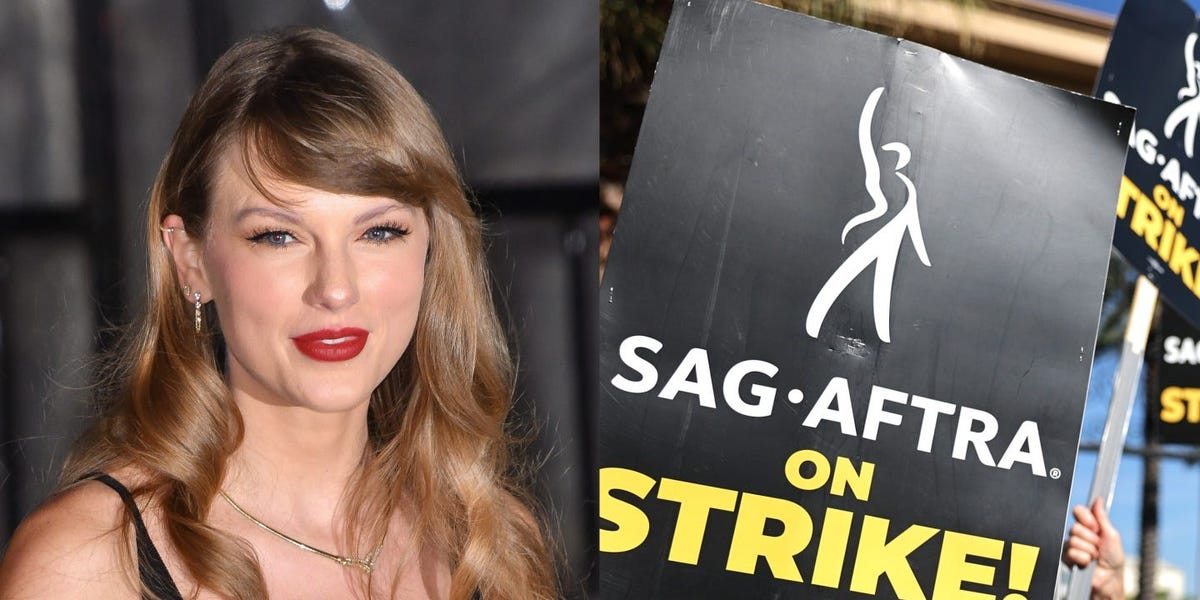The statement released by the actors’ union SAG-AFTRA addresses the recent circulation of AI-generated images featuring Taylor Swift, which stirred significant controversy among the singer’s fan base and sparked discussions about the need for legislative action on AI technology. These images, initially shared on X and Telegram platforms, were later taken down by content moderators in response to the backlash they incited.
In response to this incident, the union strongly denounced the creation and dissemination of such deepfake images, describing them as disturbing, damaging, and alarming. They emphasized the importance of enacting laws to prohibit the creation and sharing of fake images, especially those of a sexual nature, without the individual’s consent. The union voiced its support for Rep. Joe Morelle’s proposed legislation, the Preventing Deepfakes of Intimate Images Act, which aims to criminalize the unauthorized distribution of sexually explicit digitally altered content.
Furthermore, SAG-AFTRA reaffirmed its solidarity with Taylor Swift and all women who fall victim to privacy violations through such unauthorized use of their images. The union highlighted the urgency for society to regulate these technologies promptly to prevent further harm.
This statement follows the high-profile strike led by SAG-AFTRA members last year during negotiations with the Alliance of Motion Picture and Television Producers (AMPTP). The strike, lasting nearly four months, concluded with an agreement benefiting the union members, including salary increases, streaming bonuses, and specific protections concerning AI usage. These protections now mandate obtaining consent before replicating actors’ likenesses with AI and ensuring fair compensation for any digital reproductions of their performances.
Despite these advancements, concerns remain among some actors regarding the clarity of consent exemptions in the new AI terms. There are reservations about the allowance for adjustments to performance aspects without explicit consent, such as altering facial movements or voice in foreign language adaptations. Additionally, uncertainties persist around the use of synthetic performers as substitutes for real actors, raising apprehensions about the potential implications for the industry and the integrity of union contracts.
Filmmaker Justine Bateman expressed particular unease about the provision for “Synthetic Performers” in the agreement, emphasizing the risks associated with studios utilizing human-like AI objects instead of hiring human actors. This practice, in her view, contradicts the principles of a union contract and raises significant ethical concerns within the entertainment industry.






